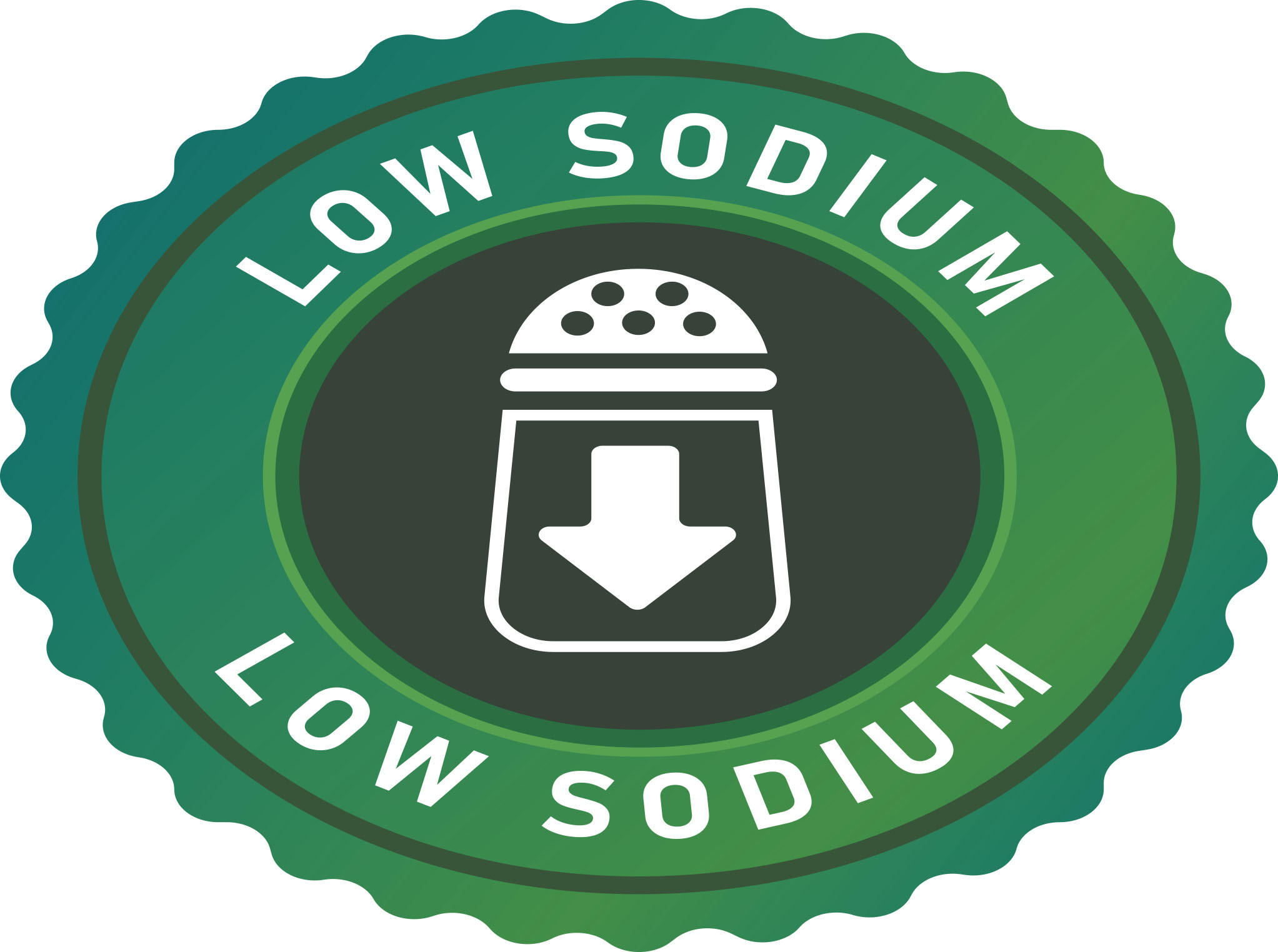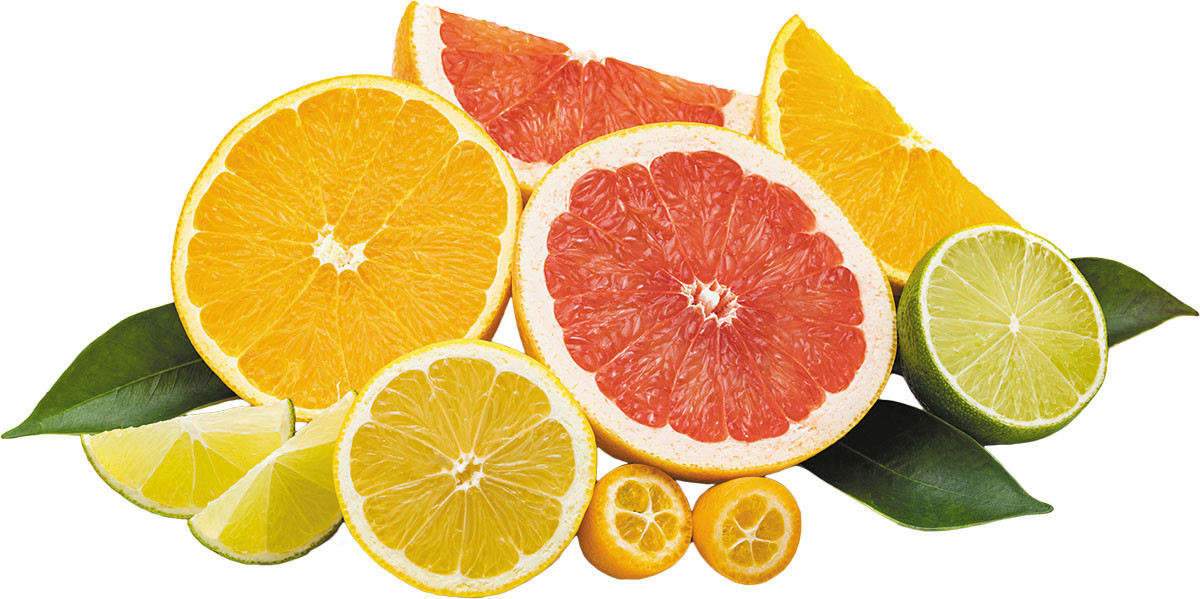
What are somatic workouts?

How to curb your stress eating

How to spot Parkinson’s disease symptoms

8 simple ways to reduce ultra-processed foods in your diet

Heart failure symptoms in women: How they’re different

GERD diet: Foods to avoid to reduce acid reflux

Strong is the new skinny

Everyday habits that sneakily weaken your bones

Don’t wait to get help for back pain

Correcting how you walk may ease osteoarthritis knee pain
Heart Health Archive
Articles
Salt substitute associated with lower rates of stroke, death
A large study published online Aug. 29, 2021, by The New England Journal of Medicine found that people who used a salt substitute on their food had a lower risk of stroke, heart attack, and early death, compared with people who used regular salt.
Meal of the month: Healthy meals for 2022
Heart-safer NSAID alternatives
Common pain relievers known as nonsteroidal anti-inflammatory drugs (NSAIDs) carry an added risk of heart problems. Use only what you need and for only as long as you need it. Men with heart problems should be extra cautious.
Measuring ejection fraction
Ejection fraction is the fraction of the blood that the heart "ejects" out to the rest of the body each time it contracts. A normal ejection fraction is about 55% to 70%. Levels below 40% indicate reduced ejection fraction and may result in heart failure symptoms.
Less heart disease in people with a dairy-rich diet?
Fruit of the month: Citrus fruits
Constipation: A connection to cardiovascular disease?
What is palliative care for heart failure?
Over-the-counter drugs that can boost blood pressure
Switching to a salt substitute may reduce stroke risk

What are somatic workouts?

How to curb your stress eating

How to spot Parkinson’s disease symptoms

8 simple ways to reduce ultra-processed foods in your diet

Heart failure symptoms in women: How they’re different

GERD diet: Foods to avoid to reduce acid reflux

Strong is the new skinny

Everyday habits that sneakily weaken your bones

Don’t wait to get help for back pain

Correcting how you walk may ease osteoarthritis knee pain
Free Healthbeat Signup
Get the latest in health news delivered to your inbox!
Sign Up











